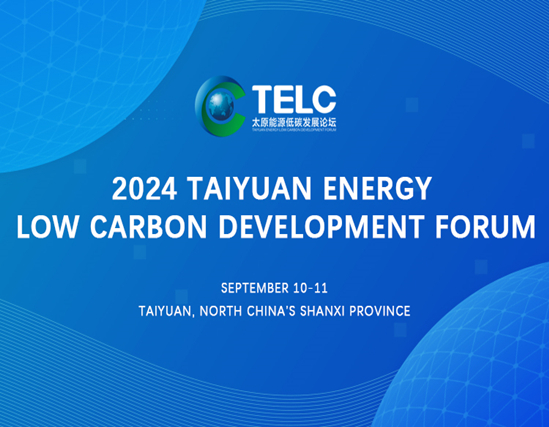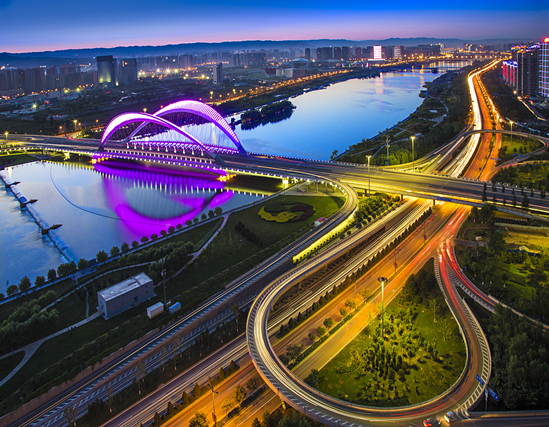Shanxi aims to become hydrogen energy industry hub
Updated: 2019-05-08
Shanxi province will strive to build itself into the "hydrogen valley of China" in about five years based on existing hydrogen fuel cell vehicle industries emerging in local cities, according to a 2019 plan for the Shanxi new energy vehicle sector recently released by the Shanxi Department of Industry and Information Technology.
Coking coal can produce lots of hydrogen and the cost of hydrogen production through coal gasification is low, giving the coal-rich province of Shanxi natural advantages to be competitive in developing its hydrogen energy industry.
As a vehicle energy source, the pollution-free hydrogen contains almost three times as much energy as natural gas, and when consumed its only emission is pure, plain water.
Compared with a lithium battery, a hydrogen fuel cell is higher in energy density and its energy efficiency conversion -- with the conversion rate exceeding 60 percent, giving a vehicle a cruising range over 500 kilometers.
Officials said that over the next two years Shanxi will develop an influential research and development center for hydrogen energy and fuel cell technology, as well as a fuel cell vehicle inspection and testing center, to tackle existing technical bottlenecks and reduce costs in hydrogen fuel cell development.
The province will build three refueling stations and operate 700 hydrogen buses on 10 bus routes in pilot cities for hydrogen energy development. The scale operations with hydrogen-fueled buses will be realized by 2024, with the number of hydrogen-fueled buses in service reaching 7,500.
Shanxi will also support Taiyuan and other local cities in their applications to be national-level pilot cities for fuel cell vehicles.
These pilot cities will develop fuel cell vehicle industrial bases focusing on an extension of hydrogen fuel cell vehicle industrial chain -- as well as the promotion of new energy vehicle development in autopilots, artificial intelligence and shared transportation sectors, based on intelligent connected vehicle technologies.



